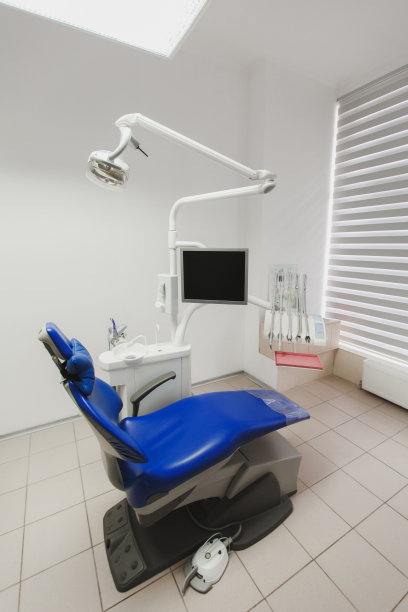Important Precautions to Take Before and After Dental Filling Procedures for Optimal Oral Health
Summary: Dental filling procedures are essential for restoring your oral health, especially after cavities or damage. To ensure the procedure is as effective as possible, it is crucial to take specific precautions both before and after the treatment. This article explores important steps, including pre-procedure preparations, post-procedure care, lifestyle adjustments, and the role of regular dental check-ups in maintaining optimal oral health. By following these recommendations, patients can improve recovery time, minimize discomfort, and enhance the overall success of dental fillings.
1. Pre-Procedure Preparations for Patients

Before undergoing a dental filling procedure, patients should take several preparatory steps to ensure a smooth experience. One of the most critical precautions is to have clear communication with the dentist. Patients should discuss any allergies, medical conditions, or medications they are currently taking, as this information can influence the procedure and anesthesia options.
Additionally, arriving at the appointment with adequate time to relax can reduce anxiety. Stress can heighten the perception of pain or discomfort during the procedure, so taking a few moments to breathe and mentally prepare is beneficial. If necessary, consider bringing a supportive friend or family member along for comfort.
Staying hydrated and avoiding alcohol or caffeine on the treatment day can also help in maintaining a calm state. This can contribute to a more pleasant experience, making it easier for the dentist to perform the filling while keeping the patient comfortable.
2. Post-Procedure Care Guidelines
Following a dental filling, it is crucial to adhere to specific care guidelines to promote healing. Immediately after the procedure, patients should avoid eating until the anesthesia wears off. This precaution helps prevent accidental biting of the tongue or cheeks, which can occur when the sensation in the mouth is still numb.
After the anesthesia dissipates, it is advised to consume soft foods for at least the first 24 hours. Hard or sticky foods can dislodge the filling or cause discomfort. Its best to stick to items like yogurt, mashed potatoes, or soup during this period.
Maintaining proper oral hygiene is essential post-procedure, but special care should be taken around the filled area. Gently brushing the teeth and rinsing with warm salt water can help minimize irritation and speed up recovery. Avoiding vigorous rinsing or flossing around the filling for the first couple of days can also protect the site of work.
3. Lifestyle Adjustments to Consider
Patients may need to consider making lifestyle adjustments to support their oral health after receiving a dental filling. Limiting the intake of sugary foods and beverages is one change that can significantly impact overall dental health. Sugars can contribute to further decay, warranting another intervention; therefore, a balanced diet rich in nutrients is advisable.
In addition, regular hydration is crucial. Drinking plenty of water helps flush out food particles and bacteria, promoting a healthier mouth environment. If patients tend to consume acidic drinks, such as soda or fruit juices, it is wise to do so in moderation and rinse with water afterward to maintain a neutral pH.
Finally, abstaining from tobacco products is vital for oral health. Smoking or chewing tobacco can impede healing after dental procedures and increase the risks of complications, including infections. Seeking help to quit can not only benefit oral health but provide many overall health advantages.
4. The Importance of Regular Dental Check-Ups
Regular dental check-ups play a crucial role in maintaining optimal oral health, especially after receiving fillings. Scheduling follow-up appointments with the dentist allows for the assessment of the fillings integrity and the surrounding teeth, ensuring there are no underlying issues that could lead to future decay.
During these visits, dentists can provide professional cleaning, which helps remove plaque build-up and ensure that the filled area remains free from bacteria. Plaque removal is vital in preventing future cavities and maintaining gum health.
Moreover, consistent dental visits enable patients to remain informed about their oral health. Dentists can educate patients on effective at-home care practices that complement in-office treatments. This ongoing guidance is invaluable for preventing further dental issues and promoting lasting oral wellness.
Summary:
In summary, the precautions taken before and after dental fillings significantly contribute to the success of the procedure and overall oral health. By focusing on pre-treatment communication, adhering to post-care guidelines, making necessary lifestyle adjustments, and prioritizing regular dental check-ups, patients can foster a healthier mouth and mitigate potential complications.
This article is compiled by Vickong Dental and the content is for reference only.



